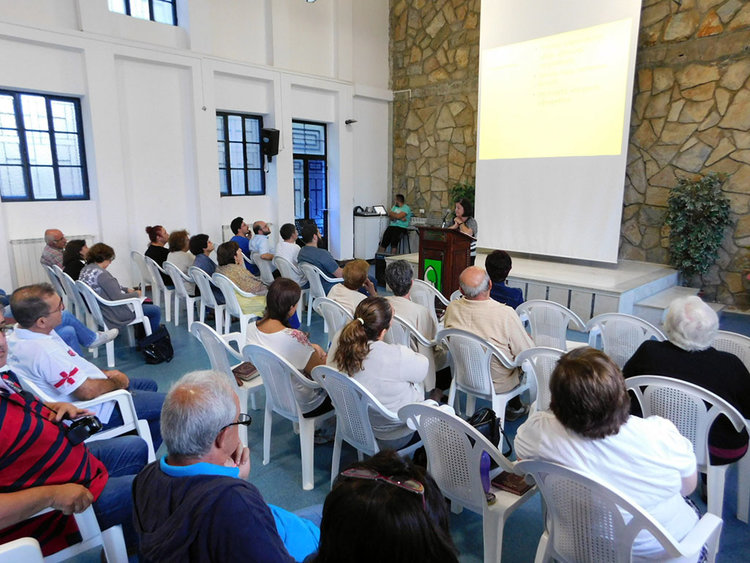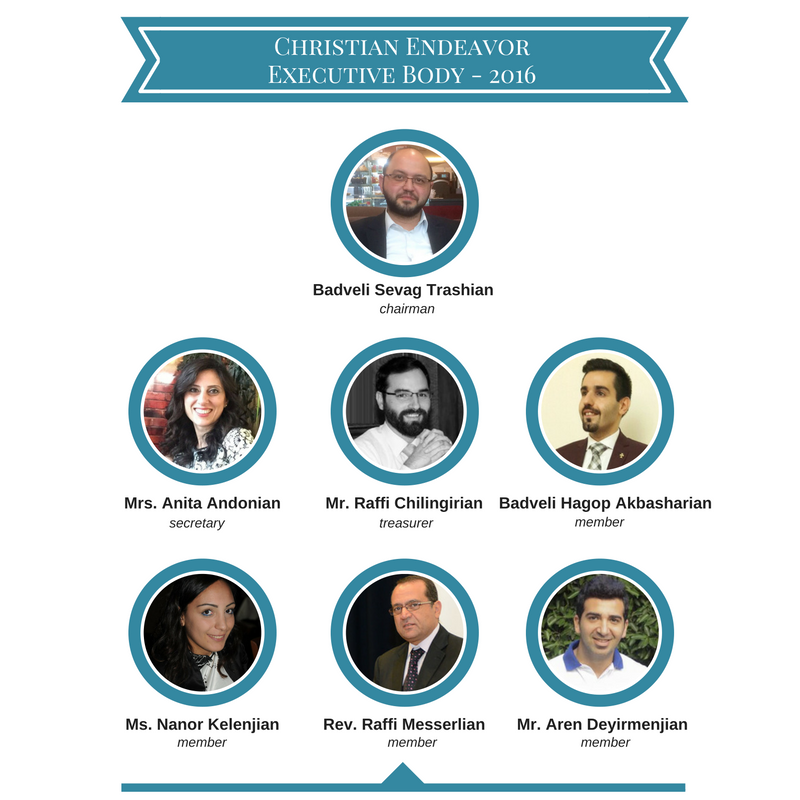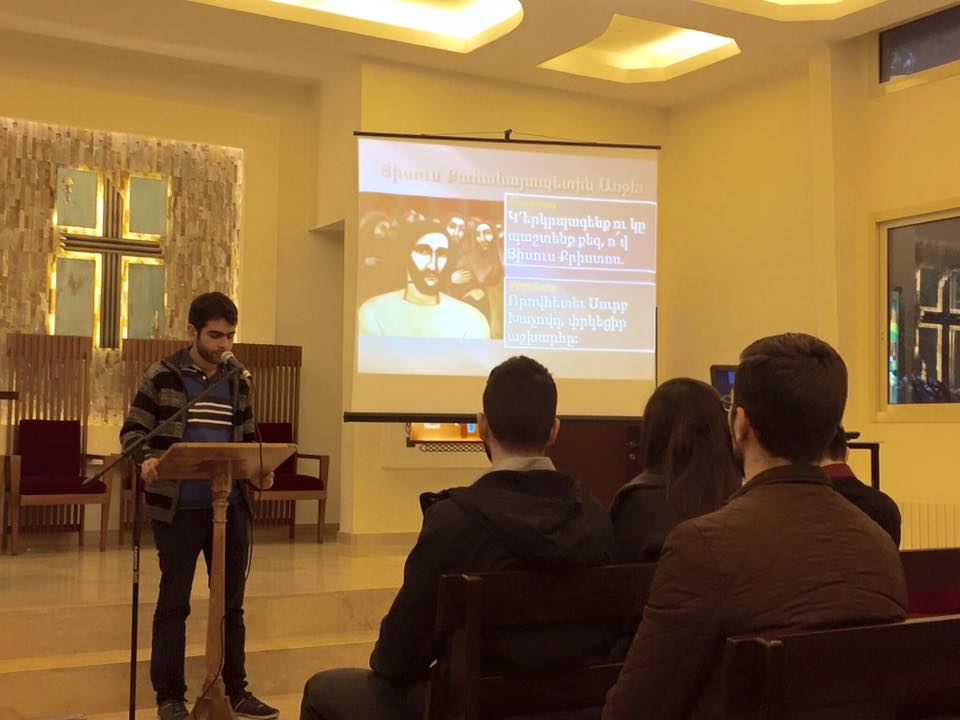Translated from Armenian from the source: http://protestant.am/eca-170-rev-doc-paul-haidostian/
Among the various Evangelical figures whom we interviewed on the occasion of the 170th anniversary of the Armenian Evangelical Church, the opinion of the president of Haigazian University, Rev. Dr. Paul Haidostian, is very important.
- The Armenian Evangelical Church is hundred and seventy years old. Perhaps compared to many older churches in the Middle East and Europe it is considered a young church, however, among the Evangelical Reformed churches it is not considered so new. The 170 years of reformation within the 500 years is an important time span. The Armenian Evangelical Church started with the spiritual awakening of the mind. Spiritual awakening, meaning that first a human being’s spirit and mind should awaken. And then that awakening should create a spiritual and collective communication, and that communication should also transform its own society. This is how I see the progression, which was also realised in the Armenian Evangelical history.
Today’s challenges and situations. I need to state that the Armenian Evangelical Church had a long experience in keeping institutions, especially, education and social service institutions.
It seems that it was in these two sectors that the Armenian Evangelical Church had the long-term success.
Various other institutions and programs were launched but they passed away quickly, not keeping their strength. For example, publication and translation departments and others. The church always had these departments, however, they did not keep up as well as the educational and social service departments.
The next strength that the Evangelical church had was the ministry of the youth, junior youth and children. I think that during the past few years we haven’t been paying enough attention to the long-term education of youth, junior youth, and children. In many of the countries we emphasise on the work with youth, junior youth and children ministries, like Sunday Schools etc, but in short-terms, meaning this year, next year, two years, three years, five years. But then where do we reach to? This is our weakness, that we need to address. If a child attends Sunday school, then joins the junior youth group, then the youth group, and after this stage I notice that the transition to a mature believer, as an active church member, remains weak.
The other issue that lies in front of the Armenian Evangelical Church, and unfortunately after 170 years, in certain communities, the Armenian Evangelical Church still has to declare that it is indeed a Church. I call for the Armenian Evangelical Church to be self-confident and positive in its role, because it has this beautiful experience, the zeal of the Gospel, and having the reformation and renewal policy it has its own constitution, internal bylaws, that permit it to always be in renewal. Therefore, on the occasion of the 170th anniversary my wish is that instead of thinking about how we can reach out more in this world, for the church to emphasise more how we can reform our church, and hence our community, our environment will reform through our reformation.
These are some of the challenges. The number could be large, however, I am happy to say that throughout the 170 years, in spite of all the difficulties, be them political, economical or others, the Armenian Evangelical Church, as a minority, has carried out tremendous work, and generally outside viewers tell me, perhaps one-third of the Armenian population are Evangelical that they were able to accomplish all these. I tell them, that perhaps three percent, or four percent in other countries, not more. But we should always praise God that this church had tremendous opportunities in Christian ministry and nation-building because eventually hundreds and thousands of Armenian children and youth have received education, whether school or college, with the Gospel inspiration and piety education, and these have only brought benefits to our people.











